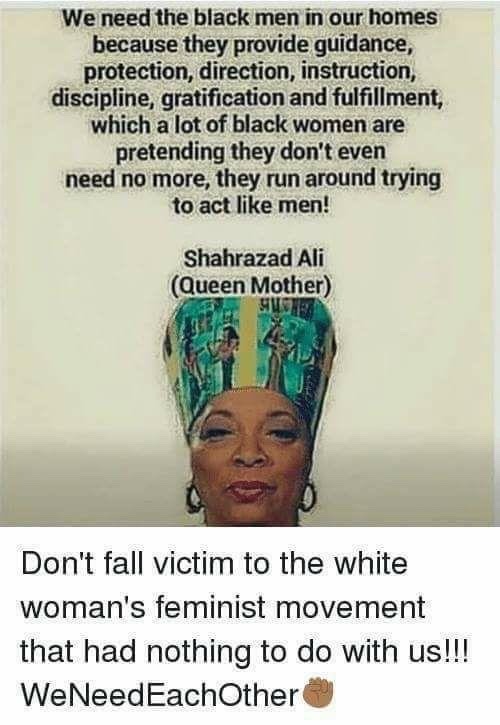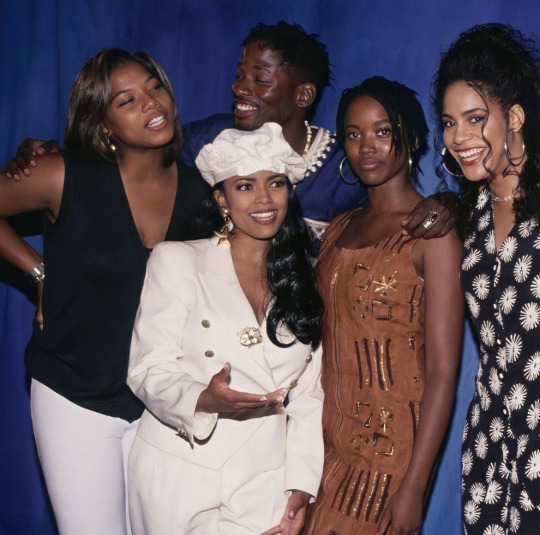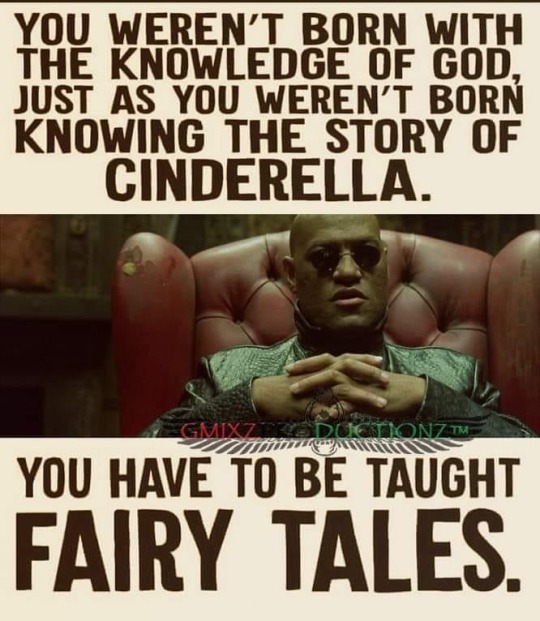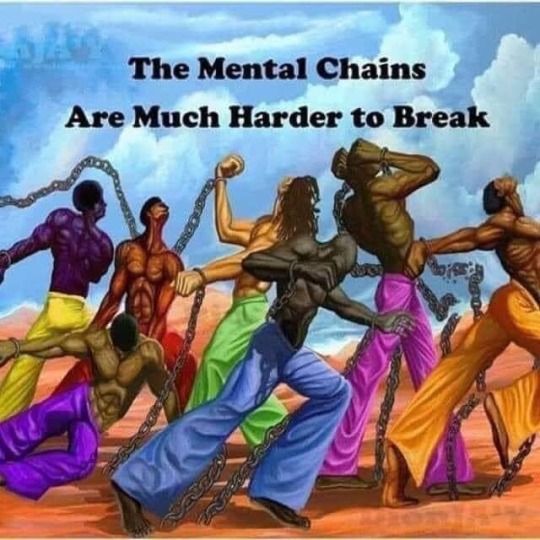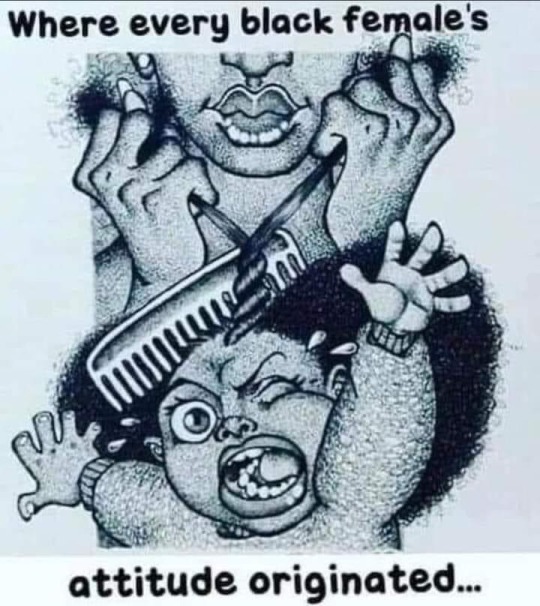Text

10 List Of Terms Related To The "Afro" prefix: 🌍
1. Afrocentric: Referring to a cultural, historical, and social perspective that emphasizes the contributions and experiences of people of African descent.
2. Afrofuturistic: A genre that combines elements of science fiction, fantasy, and African culture to imagine alternative futures or realities.
3. Afropunk: A movement and cultural festival that celebrates and showcases the diversity and creativity of black artists and musicians.
4. Afrobeat: A genre of music that originated in Nigeria, blending traditional African rhythms with jazz, funk, and highlife.
5. Afro-Latinx: Referring to individuals of African descent in Latin American countries or with Latin American heritage.
6. Afro-Caribbean: Referring to individuals of African descent in the Caribbean region or with Caribbean heritage.
7. Afrofeminism: A feminist movement that focuses on the experiences, struggles, and empowerment of black women.
8. Afro-House: A genre of electronic dance music that blends African rhythms and traditional sounds with house music.
9. Afro-textured hair: Referring to the natural hair texture of people of African descent, characterized by tight curls or coils.
10. Afro-Latin music: A genre that combines elements of African rhythms and Latin American music styles, such as salsa, merengue, and reggaeton.
These terms represent different aspects of African and African diaspora cultures, highlighting their rich history, creativity, and influence.
4 notes
·
View notes
Text
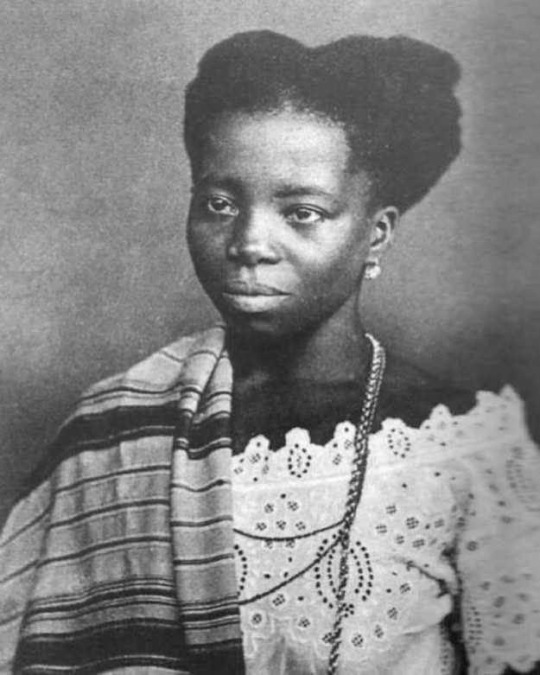
Tia Ciata, born Hilária Batista de Almeida (1854-1924) was a cook, mãe-de-santo of Candomblé, and an influential figure in the development of samba.
She was born in Santo Amaro, Bahia, and initiated in Candomblé in Salvador by Bangboshe Obitikô (Rodolfo Martins de Andrade). She was a devotee of deity Oshun and became the iyakekerê, or second most important leader, in the terreiro of João Alabá in Rio de Janeiro. "Ciata", the name by which she is now known, is a variant on the Arabic name Aycha; it was a common feminine name among the Muslim community from Portuguese Guinea that formerly resided in Rio de Janeiro.
Tia Ciata arrived in Rio de Janeiro in 1876 at the age of 22 and worked as a vendor at a food stall.
She lived on Rua Visconde de Itauna in the neighborhood of Praça Onze (now Cidade Nova), an area which became known as "Pequena África", or Little Africa. It was here that Tia Ciata became one of the main progenitors of Afro-Brazilian culture of early favelas of Rio de Janeiro. Samba musicians, composers, and dancers regularly gathered in her home; her residence may be one of the birthplaces of the genre.
The first samba recording, Pelo Telefone, a composition by Donga (Ernesto Joaquim Maria dos Santos) and Mauro de Almeida, was recorded in the residence. Like Tia Citata, the vocalist of Pelo Telefone was from Santo Amaro, Bahia. She married João Batista da Silva, and had fourteen children. The couple became noted figures in Pequena África of Rio, and Tia Ciata was honored annually at the Rio Carnival until her death in Rio de Janeiro in 1924.
2 notes
·
View notes
Text
46 notes
·
View notes
Text

Meet the Black Woman Entrepreneur Whose Line of Skates is Changing the Culture 🛼
1 note
·
View note
Text
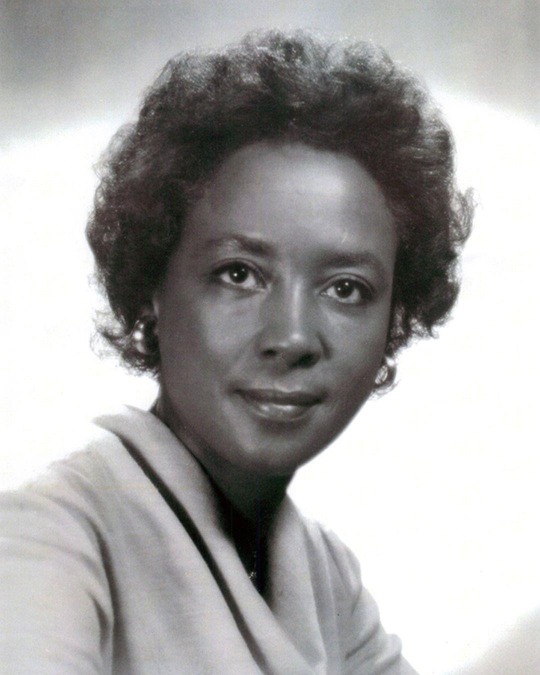
Annie J. Easley (April 23, 1933 – June 25, 2011) was an African-American computer scientist, mathematician, and rocket scientist. She worked for the Lewis Research Center of the National Aeronautics and Space Administration (NASA) and its predecessor, the National Advisory Committee for Aeronautics (NACA). She was a leading member of the team which developed software for the Centaur rocket stage and one of the first African-Americans in her field.
In 1955, she read a local newspaper article about a story on twin sisters who worked for the National Advisory Committee for Aeronautics (NACA) as “computers” and the next day she applied for a job. Within two weeks she was hired, one of four African Americans of about 2500 employees. She began her career in as a Mathematician and Computer Engineer at the NACA Lewis Flight Propulsion Laboratory (which became NASA Lewis Research Center, 1958–1999, and subsequently the John H. Glenn Research Center) in Cleveland, Ohio. She continued her education while working for the agency and in 1977, she obtained a Bachelor of Science in Mathematics from Cleveland State University. As part of a continuing education, Easley worked through specialization courses offered by NASA.
Her 34-year career included developing and implementing computer code that analyzed alternative power technologies, supported the Centaur high-energy upper rocket stage, determined solar, wind and energy projects, identified energy conversion systems and alternative systems to solve energy problems. Her energy assignments included studies to determine the life use of storage batteries, such as those used in electric utility vehicles. Her computer applications have been used to identify energy conversion systems that offer the improvement over commercially available technologies. She retired in 1989 (some sources say 1991).
Easley’s work with the Centaur project helped as technological foundations for the space shuttle launches and launches of communication, military and weather satellites. Her work contributed to the 1997 flight to Saturn of the Cassini probe, the launcher of which had the Centaur as its upper stage.
Annie Easley was interviewed in Cleveland, on August 21, 2001 by Sandra Johnson. The interview is stored in the National Aeronautics and Space Administration Johnson Space Center Oral History Program. The 55 page interview transcript includes material on the history of the Civil Rights Movement, Glenn Research Center, Johnson Space Center, space flight, and the contribution of women to space flight
3 notes
·
View notes
Text
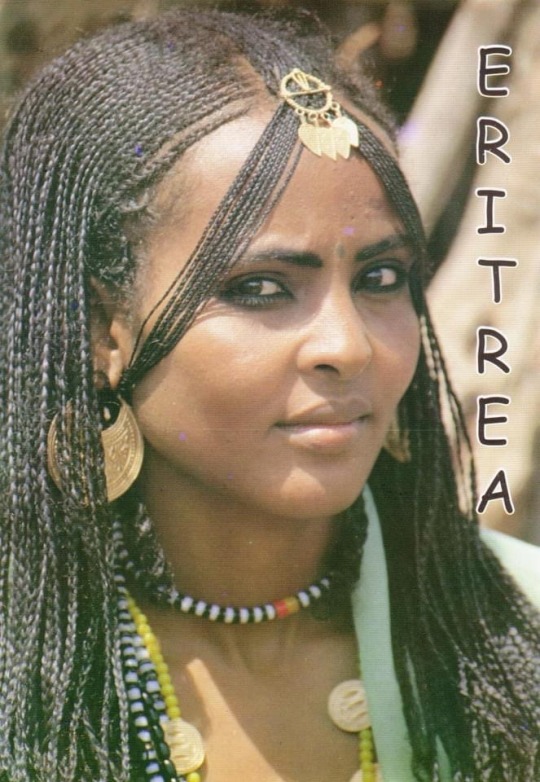
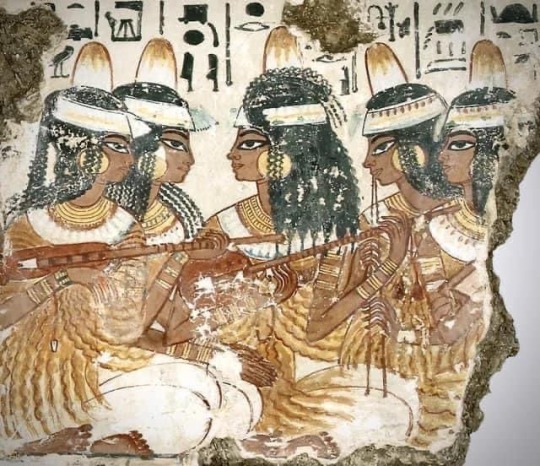
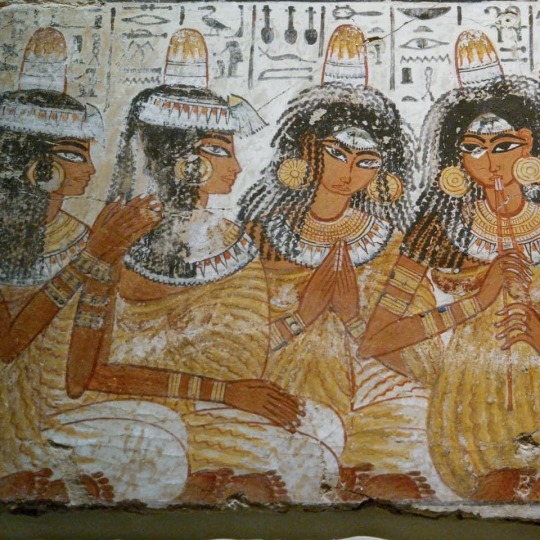
“The Ethiopians say that the Egyptians are one of their colonies which was brought into Egypt by Osiris. They add that from them, as from their authors and ancestors, the Egyptians get most of their laws. It is from them that the Egyptians have learned to honor kings as gods; sculpture and writing were invented by the Ethiopians. The Ethiopians site evidence that they are more ancient than the Egyptians, but it is useless to report that here"
Diodorus of Sicily, 1st Century BC
In the 1st century BC, the region known as "Ethiopia" was considered part of sub-Saharan Africa…
The term "Ethiopia" was used more broadly by ancient Greek and Roman geographers to refer to the lands south of Egypt, encompassing areas in present-day Sudan, South Sudan, and Ethiopia…
The kingdom located in the area we now know as Ethiopia was often referred to as "Abyssinia"
0 notes
Text
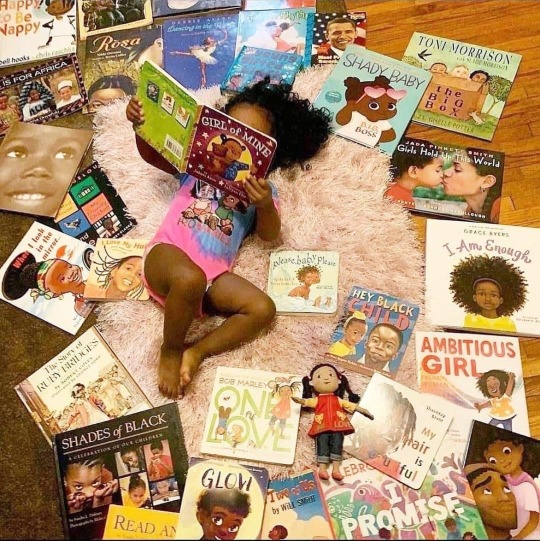
It’s important to tell little Black girls how amazing, beautiful and smart they are. Let’s continue to teach little Black girls their importance and impact on this world.
5 notes
·
View notes
Text
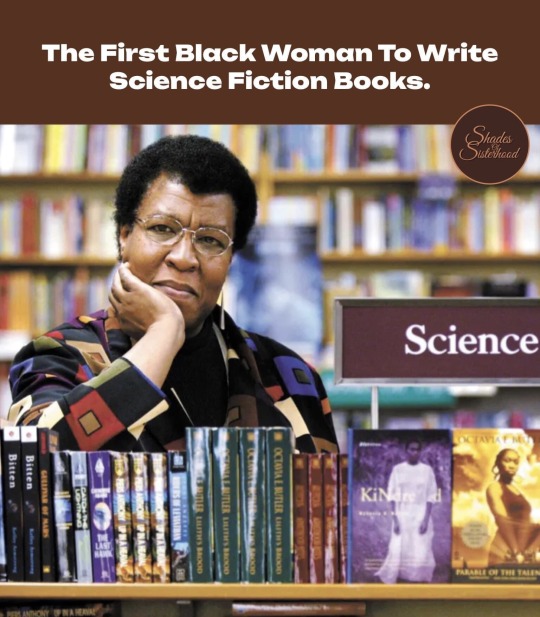
#BlackWomensHistoryMonth : Octavia Butler was committed her life to turning speculative fiction into a home for Black expression. She became the first Black women science fiction author to be granted a MacArthur fellowship, and the first Black woman to win Hugo and Nebula awards.
Octavia Estelle Butler was born in Pasadena, California where as a little girl, she struggled with dyslexia while attending public school. Her teachers interpreted her slower reading as an unwillingness to do the work rather than a sign of her struggles with dyslexia. When she was given books to read in school, she found them boring and unrelatable but was interested in going to the library and reading unique stories. She had an endless appetite for stories and frequently made up her own while sitting on her grandmother’s porch. by the time she was ten she could be found carrying around a large notebook, writing down stories whenever she got a free moment. Whenever she wrote stories for school, they were so unusual that many of her teachers assumed she had copied them from published works. One teacher recognized her talents and encouraged the then 13-year-old Butler to submit one of her stories to a science fiction magazine for publication. That submission was the first of many and solidified her desire to—and her belief that she could—become a professional writer.
In 1968, Butler graduated from Pasadena City College with an Associate's Degree. She then continued taking classes, first at California State University in Los Angeles and then at the University of California at Los Angeles. She took writing classes but also studied anthropology, psychology, physics, biology, and geology, among other subjects and workshops. While attending The Screen Writers’ Guild Open Door Program, Octavia had sold her first two stories. Despite her success with the short stories, she struggled to get other stories published. After a series of rejections, she shifted gears and tried to write her first novel. That first manuscript was purchased by Doubleday and published in 1976.
In 1979, Octavia wrote 12 more books including ‘Kindred’. She often said she was inspired to write ‘Kindred’ when she heard young African Americans minimize the cruelty and severity of enslavement. She wanted younger readers to know not only the facts of enslavement but what it felt like, making sure to humanize those who survived the exploitative institution. ‘Kindred’ is now a mainstay in many high school and college classrooms.
Octavia won numerous prestigious awards for her writing. In 1995, she was awarded a MacArthur “Genius” Grant—the only science fiction writer to receive this award. She won Nebula and Hugo Awards, the two highest honors for science fiction, a PEN Lifetime Achievement Award, and the City College of New York’s Langston Hughes Medal in 2005. As a pioneer in science fiction, she opened up the genre to many other African American and female writers. Today, her influence spans literature, genres and media. “Do the thing that you love and do it as well as you possibly can and be persistent about it.” - Octavia Butler
5 notes
·
View notes
Text
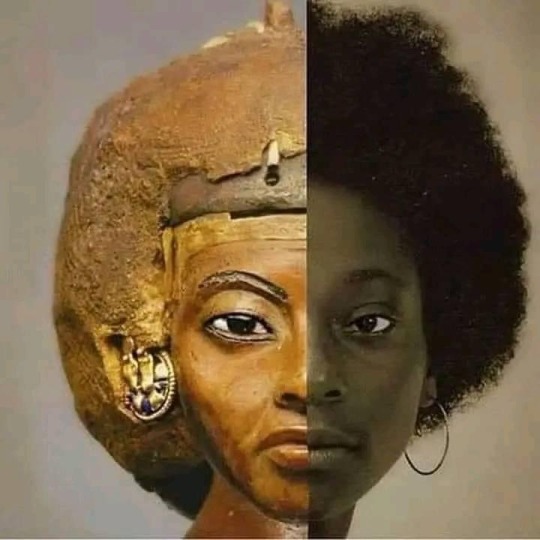
BLACK QUEEN OF #EGYPT NOT ARAB INVADERS 🇪🇬 Tiye (c. 1398 BC – 1338 BC, also spelled Tye, Taia, Tiy and Tiyi) was the Great Royal Wife of the Egyptian pharaoh Amenhotep III, mother of pharaoh Akhenaten and grandmother of pharaoh Tutankhamun; her parents were Yuya and Thuya. In 2010, DNA analysis confirmed her as the mummy known as "The Elder Lady" found in the tomb of Amenhotep II (KV35) in 1898.
15 notes
·
View notes
Text
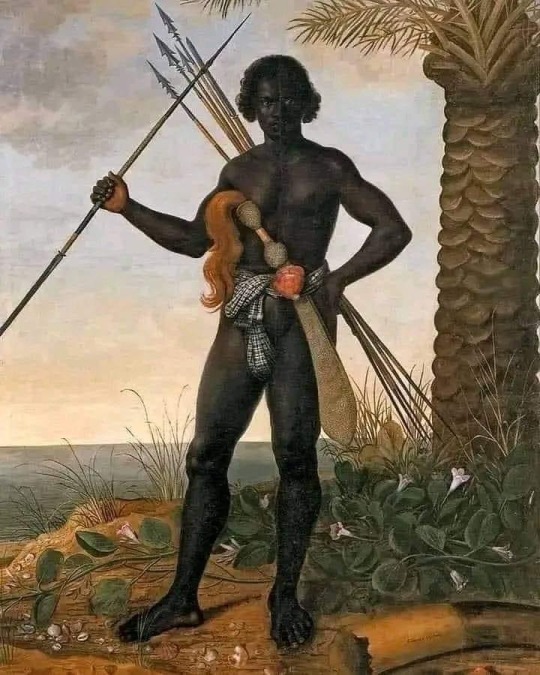
Do you know that Ganga Zumbi, the African Spartacus was born in Kongo in 163O, enslaved and shipped to Brazil to work as a plantation slave? He managed to escape, raised an army of eslaved Africans and founded his own kingdom of Palmares, with a palace and court.
5 notes
·
View notes
